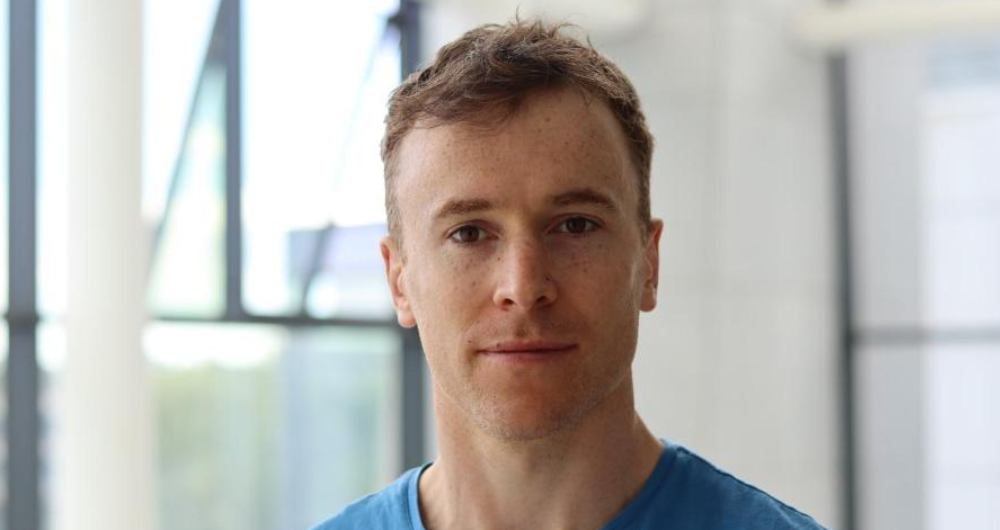Last year, Irish consumers spent more than €0.5 billion on fitness tech. But our love affair with wearable technology has blinded us to a concerning truth: our most intimate health data is a commodity in the hands of Big Tech.
Our growing comfort with Big Tech’s oversight of our online habits – from shopping to entertainment – pales in comparison to the intrusion posed by wearable technology. These devices are more than just simple trackers of our daily steps or heart rate. They have evolved into sophisticated tools capable of detecting events such as car crashes and falls. Many mainstream wearables can identify atrial fibrillation, measure your aerobic capacity (a proxy for your mortality risk), track your body temperature and monitor your blood oxygen levels. The technology is advancing too, with blood pressure monitoring and sleep apnoea detection in the pipeline. Within a decade, we might even see non-invasive continuous blood glucose monitoring become a reality. Data doesn’t get much more sensitive than that.
We have come to rely on this data. According to Sport Ireland’s 2021 Irish Sports Monitor Survey, over half of the Irish population uses wearable technology to track their physical activities. This figure has nearly doubled since 2017. Corroborating this, a recent survey conducted by my research group of more than 1,000 participants found that 64 per cent owned a wearable device. The issue we’re still grappling with however is how all of the data being captured now could be used in the future.
Think about it like this: if you continue to use the device you are wearing now for the next 10, 20 or 30-years, what insights might you glean from your health data? What might you uncover that might save your life – gradually deteriorating fitness levels, increasing blood pressure or a new cardiac arryhthmia? Most importantly, how could all that data be used against you if it were to fall into the wrong hands?
The utopian scenario looks like this. The vast amounts of health data being collected via wearables and mobile phones are used to create databases to govern health policy for the public good. Not-for-profit data donation frameworks are operated by researchers with ethical oversight and terms of use. Anonymised population data is provided to bodies such as Sport Ireland to help them create a national physical activity profile, which feeds into policymaking and resource allocation decisions at government level. Healthcare organisations employ wearable technologies for remote patient health monitoring. This not only reduces hospital bed occupancy but also supports national public health initiatives aimed at increasing physical activity and controlling disease spread, potentially even aiding in the prediction of outbreaks.
The dystopian scenario sees tech companies continuing to shore up huge amounts of health data until such time as they can derive commercial value from their data sets; whether by selling them on to third parties such as insurance companies, or developing health products and services of their own. Recent reports in the Observer about UK Biobank’s apparent decision to share “de-identified” participants’ data were described by the company as “highly misleading”. The company said it had been “meticulously transparent with participants about how their data are used” adding that it had approved “over 4,500 research applications” and actively monitors use of the data by the researchers. It had found “no evidence of any misuse”.
Nonetheless, the controversy underscores the significant value health data holds, including for insurance companies. This data is crucial for predicting the risk of chronic diseases and mortality at a national scale. The disconcerting thought here is that insurance companies could exploit our health data, collected through fitness trackers, for their own financial gain. This could lead to scenarios where they use this intimate knowledge to justify higher insurance premiums or, in some cases, to deny coverage altogether.
[ The benefits of exercise with . . . atrial fibrillation ]
The media is full of voices warning the public about data sharing. It doesn’t seem to be cooling the romance between data collectors and data providers. Nobody is too bothered if the shoes they bought on Amazon last month keep popping up in their search windows. They might be more troubled if the heart information they shared with their wearable turns up in an actuary’s assessment of their health insurance premium.
This is a critical juncture in the journey of wearable technology. The importance of regulation and open discussion cannot be overstated. As we navigate this new era of digital health, it’s crucial that we shape a future where technology serves the users’ best interests, not the other way around.
Dr Cailbhe Doherty is an assistant professor at the SFI Insight Centre for Data Analytics, UCD School of Public Health, Physiotherapy and Sports Science


